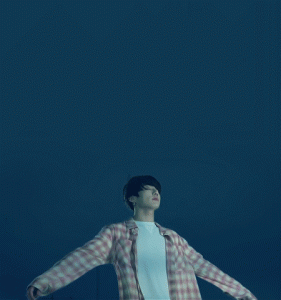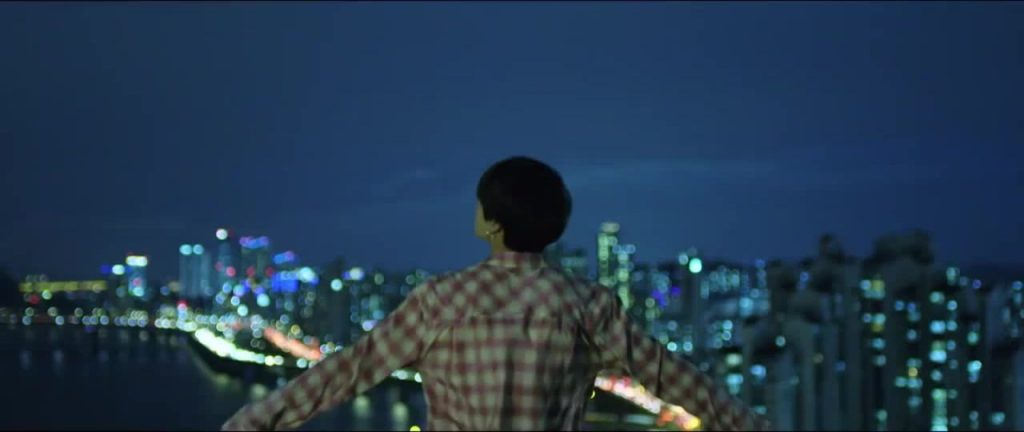Romanticism and glorification of mental illnesses and suicide in popular media is not unfamiliar. I am not lamenting the prevalence of mental health issues in media; in fact, I strongly believe that such topics are discussed and not buried. But the lines between raising awareness and romanticizing mental illnesses are being blurred.
The K-Pop band BTS is a pioneer in more ways than one, particularly the fictional universe that they have built around themselves. While they write their own music that accompany this universe, this fictional narrative, relayed through their music videos and short films (and now books and comics) is not written by the members themselves but by a separate team. The issue at hand is a sensitive one, so I will be proceeding with caution and with no intention for malice.
This fictional universe is vast and spans through several years in the narrative, or in terms of music releases, several albums. The story is revealed cryptically, allowing fans to speculate and theorize on the fates of the members. This format is admittedly compelling, which only adds on the appeal of the group and their brand. Over time, however, the handling of sensitive issues such as mental health and violence grows seemingly less mindful of potential responses of their audience. An obvious defence for the literary reality is that it is simply fiction, and is meant to be enjoyed for its artistic value. I agree: it is not so much the artistic quality that I am questioning, in fact I appreciate the artistry that has gone into the world-building. It is the reactions of some of their audience that I feel needs to be discussed.
“Evidence for the influence of media on suicidal behaviour has been shown for newspaper and television reports of actual suicides, film and television portrayals of suicides, and suicide in literature.”
I would not be able to summarise the entirety of the BTS universe, but I will bring to light some of the issues that I think need to be handled more delicately.
- In the universe, the BTS members are not music idols but normal friends. The story explores the highs and lows of youth, the beautiful and not so beautiful parts. Just some of the consequential plot points follow:
- Jungkook struggles with depression, attempts suicide several times and is eventually successful. Yoongi is also suggested to deal with depressive and self-destructive tendencies.
- Taehyung’s story deals with domestic abuse, in which he resorts to murdering his own father in an attempt to save himself and his mother. Images of him jumping off a height were also made.
- Hoseok and Jimin are in mental institutions, implied that they too, have some kind of mental illness.
- Namjoon’s story depicts delinquent tendencies.
- Jin travels in time several occasions in an attempt to save his friends’ lives
- Everyone dies in the end.
While I personally interpret the universe as a kind of celebration of their friendship and time together while they were alive, some fans read a kind of beauty and heroism in their fates. I have to stress that I am not implying that there is shame in death or in suicide, or that people who deal with such issues are weak. But it also has to be said that glorification of the suicidal person as a hero is problematic. Some fans interpret this story as wholly beautiful and touching, as the friends’ love and dedication to each other seems to be paramount. This media lends itself to romantic tones and interpretations all too well. It is thus easy, particularly for more vulnerable audiences, to see allure in these themes. It is particularly risky, given that glamour is inevitably associated with BTS as a group and a brand.

The psychology behind fan culture is important. Belonging to a fandom means that one is a part of a community, augmenting one’s sense of belonging. This sense of belonging is one of man’s most basic needs. Yes, it is important that people know that they are not alone in dealing with such issues, and it can even provide solace and comfort; people can hold on to hope that things will get better. But even the slightest implication of glory or beauty in death is risky, and even more so if it comes from a community that one is especially connected to. It is easy for particularly impressionable people to hold on to this attachment, and to be convinced that the release of death is sweet and beautiful. For teenagers who are in the developmental stage of identity versus role confusion, aligning themselves to such views may not be benign. That the narrative of the BTS universe is so closely linked with the members as real people (e.g. the use of their real names) blurs reality and fiction.
Policing people’s interpretations of art is unreasonable, but it is important that the distinction between fiction and reality is made clear. It is not that it is beyond the artistic liberties of writers or artists to discuss such topics, as doing so could in fact be helpful in coping and raising awareness. But ultimately, we need to cast aside the dramatic appeal of suicide and violence in our present reality, that the suicidal or self-destructive are ideal, romantic heroes. Make it known that the reality of victims is that they are pushed into a corner, often feeling hopeless and helpless – that it is not beautiful or touching. Seek help and solace where you can, but remember the reality you live in, and seek well-being for that world. Feelings of despair are valid, but romanticizing this drama in which one is chosen as the star, blurring the line boundaries between fiction and reality, is precarious.


